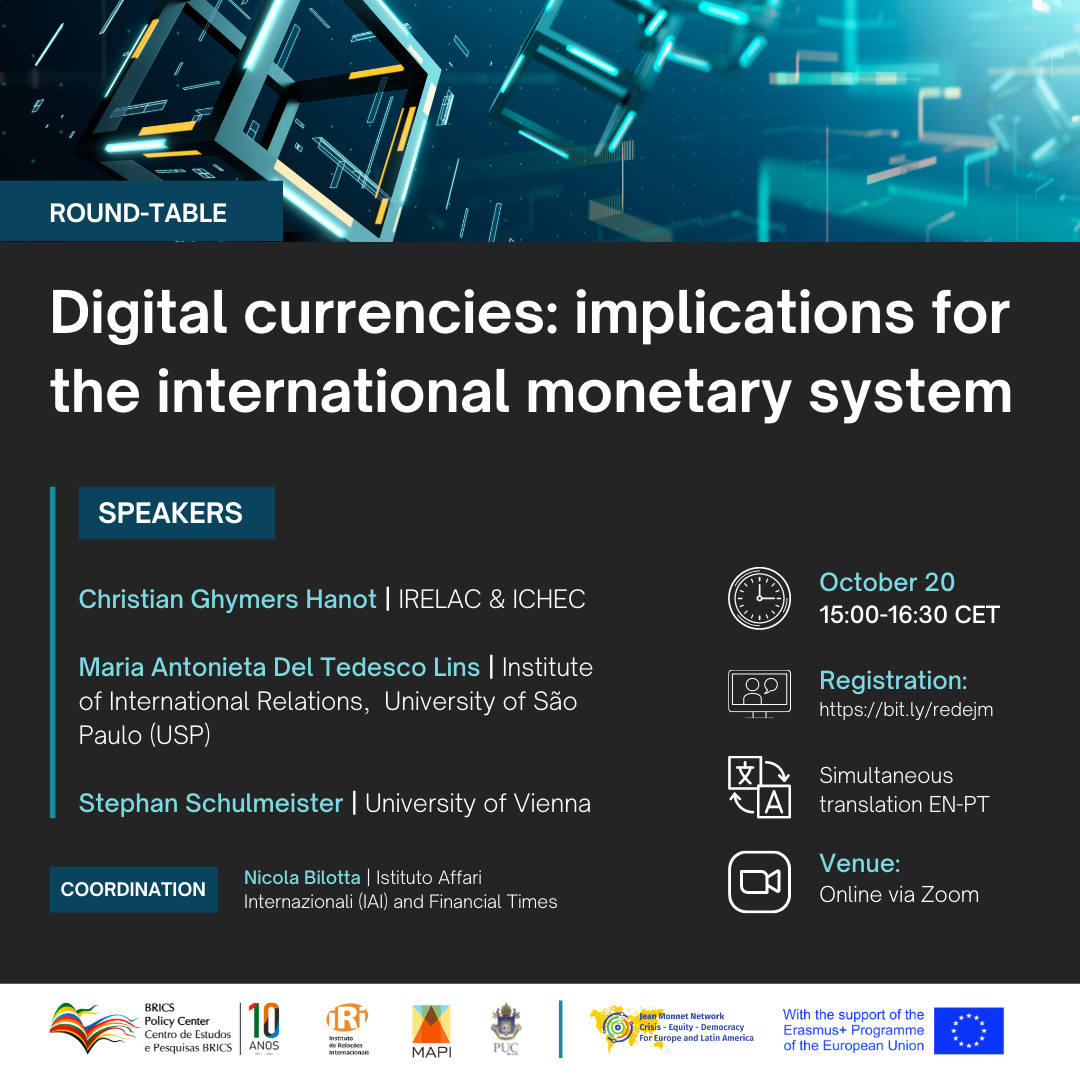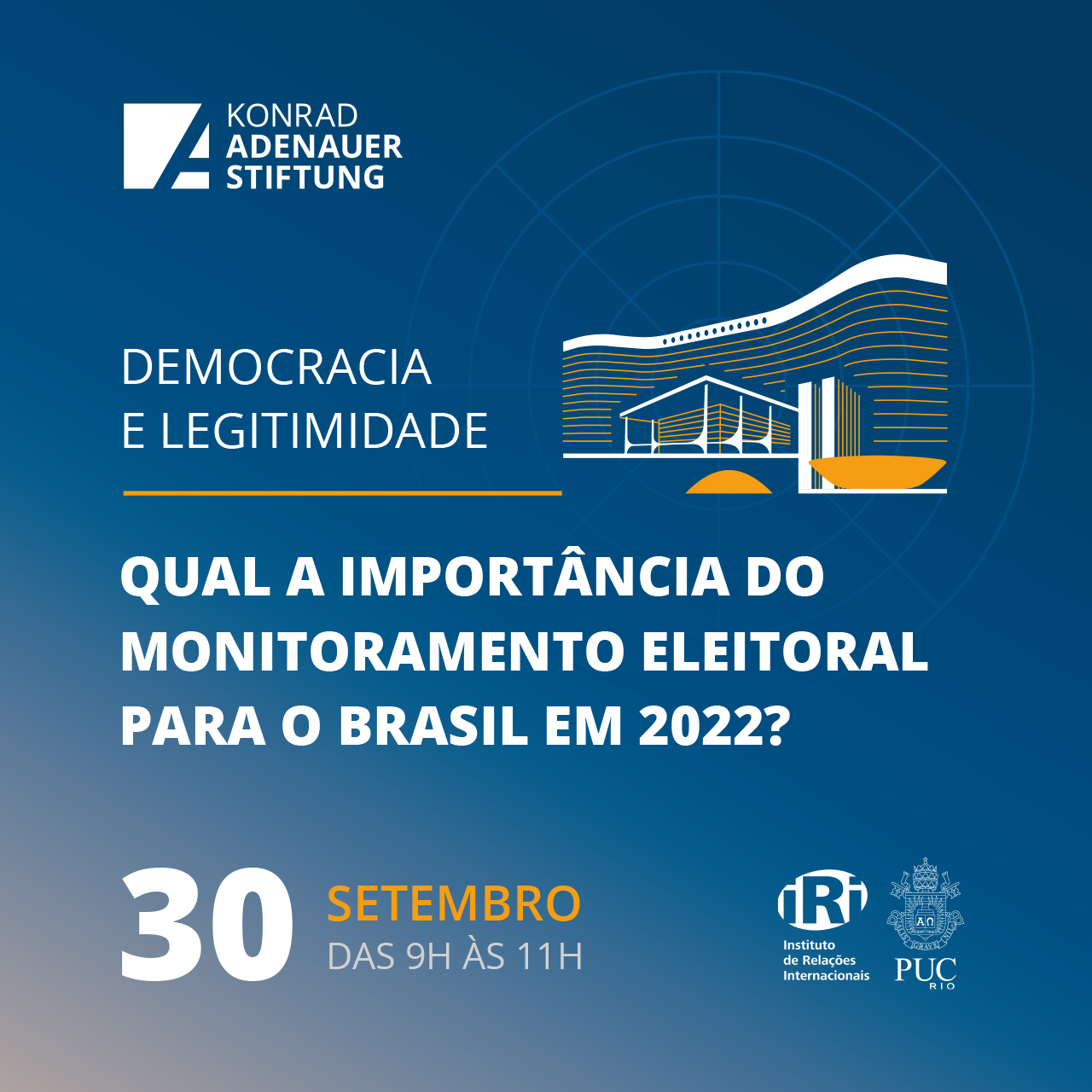
The value of global cashless payments has been radically increasing worldwide. Despite cash being the most used payment instrument in the world, technological innovation and new consumer preferences are decisively transforming the way consumers pay and manage money. In this context of vibrant transformations, digital currencies are gaining momentum. Eighty-one countries, representing over 90% of the global GDP, are exploring the issuance of a Central Bank Digital Currency (CBDC). This number is up from only thirty-five in May 2020. Facebook’s stablecoin project, formerly known as Libra and now renamed Diem, might see the light of day soon. In the meantime, El Salvador has adopted Bitcoins as legal tender.
Digital currency is a type of currency that has no physical configuration and only exist in digital form. This broad definition comprises new types of money which radically differ in terms of accessibility, issuer, form and technology. Digital currencies could produce major changes in our economy and society and they could produce several implications in the international monetary system. The aim of this webinar is to set the ground to better understand what digital currencies are and which could be key implications they could produce.
15:00 European Time (CET)
10:00 Rio de Janeiro (BRT)
This event is part of the Jean Monnet Network project. There will be simultaneous translation English / Portuguese.

Several intergovernmental and non-governmental organizations – OSCE, OAS, African Union, and the Carter Center – engage in election monitoring. The OSCE`S Office for Democratic Institutions and Human Rights, for example, has developed norms and technologies for this practice that are recognized as a reference worldwide. Although initially missions were deployed mainly in situations of fragility, today they are requested by more than 100 countries. International election monitoring has provided both stability and references for tackling disputes.
Since the 2000s elections, Brazil has been considered one of the most efficient democracies in the world and one of the less vulnerable to fraud, in addition to its exemplary experience regarding logistics. More than 100 million voters head to the polls on the same day and just hours after the end of the procedure the result of the elections is issued. Despite this success, there has been an increase in the number of public manifestations expressing distrust of the electronic ballot box. This theme is fundamental to the public debate in the country, especially considering the 2022 national elections. Therefore, the discussion of the electoral process presently is absolutely crucial and an interesting topic to honor the International Day of Democracy.
In honor of the International Day of Democracy, celebrated officially on September 15th KAS Brazil, in cooperation with the Institute of International Relations of PUC-Rio, is holding this seminar to discuss Election Monitoring taking into consideration the Brazilian national elections in 2022. This seminar will start with the international experience on election monitoring and then focus on the Brazilian case.
Program
Panel I: The Practice of International Election Monitoring How does an International Election Monitoring mission work and what kind of challenges might appear? How has this practice advanced throughout the years? What are the recommendations for an election monitoring in a Latin American country?
Panel II: The Brazilian Case – keeping an eye on 2022 Despite the success of the electoral process in Brazil, there has been an increase in the number of public manifestations expressing distrust of the electronic ballot box. What should we expect for the 2022 Brazilian national elections? What are the main characteristics of the electoral process in Brazil? What are the benefits and risks of an electronic ballot box?
Serão emitidos certificados aos participantes. Faça a sua inscrição pois as vagas são limitadas!


